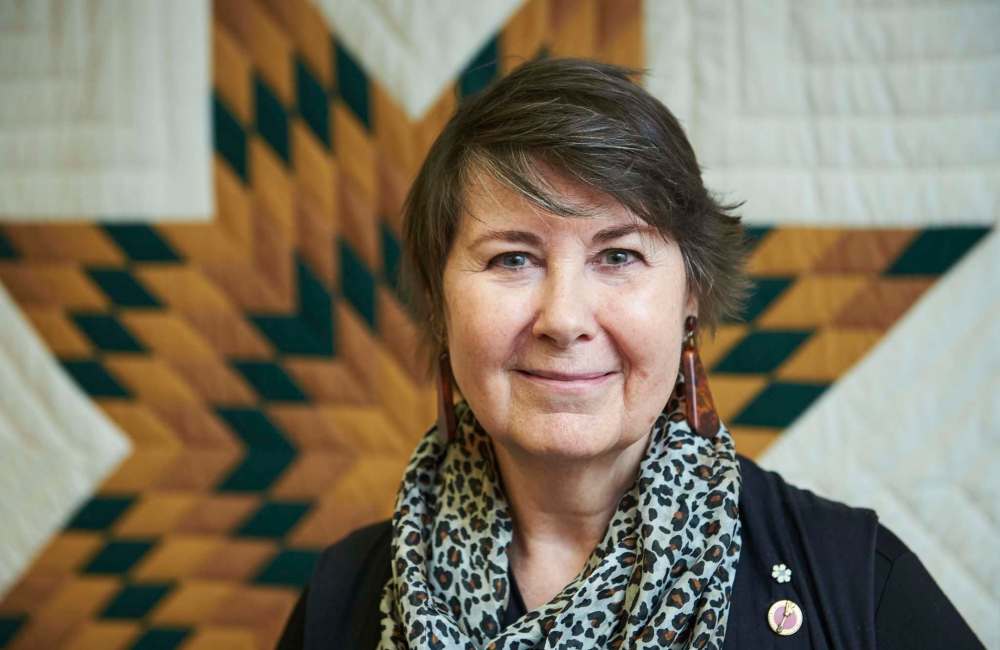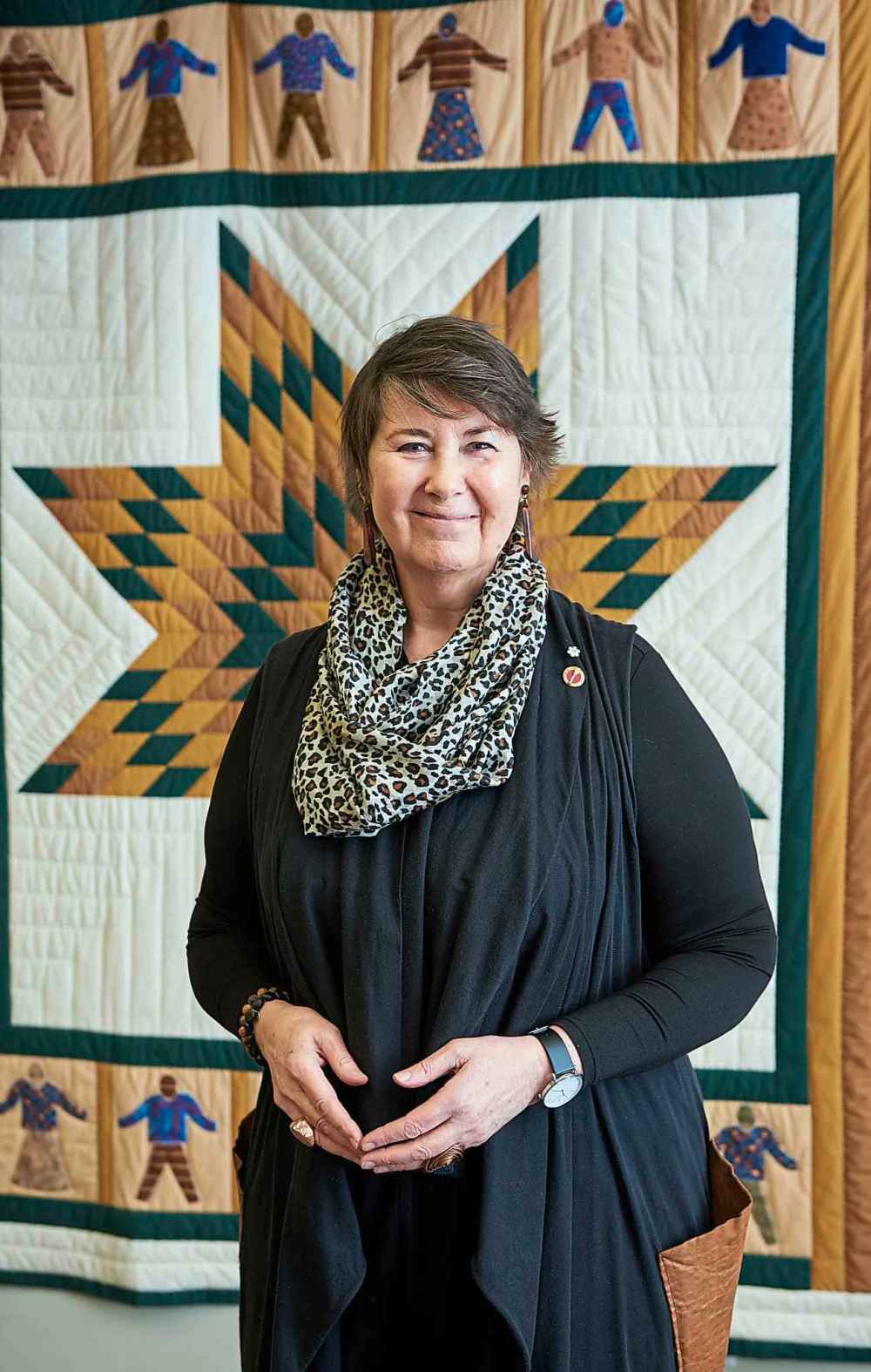Senate should support effort to ban NDAs
Read this article for free:
or
Already have an account? Log in here »
To continue reading, please subscribe:
Monthly Digital Subscription
$0 for the first 4 weeks*
- Enjoy unlimited reading on winnipegfreepress.com
- Read the E-Edition, our digital replica newspaper
- Access News Break, our award-winning app
- Play interactive puzzles
*No charge for 4 weeks then price increases to the regular rate of $19.00 plus GST every four weeks. Offer available to new and qualified returning subscribers only. Cancel any time.
Monthly Digital Subscription
$4.75/week*
- Enjoy unlimited reading on winnipegfreepress.com
- Read the E-Edition, our digital replica newspaper
- Access News Break, our award-winning app
- Play interactive puzzles
*Billed as $19 plus GST every four weeks. Cancel any time.
To continue reading, please subscribe:
Add Free Press access to your Brandon Sun subscription for only an additional
$1 for the first 4 weeks*
*Your next subscription payment will increase by $1.00 and you will be charged $16.99 plus GST for four weeks. After four weeks, your payment will increase to $23.99 plus GST every four weeks.
Read unlimited articles for free today:
or
Already have an account? Log in here »
Hey there, time traveller!
This article was published 24/01/2020 (2145 days ago), so information in it may no longer be current.
There’s a certain class of adjectives — generally in the indifferent-to-uncomplimentary range — that critics of the Canadian Senate are inclined to attach to the political appointees who conduct the business of Parliament’s upper chamber.
Senator renews push to protect staffers from harassment

Posted:
OTTAWA — A Manitoba senator is bracing for more pushback as she doubles down on her call for transparency of sexual harassment allegations made against her colleagues.
Outworn. Obsolete. Weary. Moribund. Lethargic. Idle. Otiose.
Unkind descriptives all, and for the most part perhaps unfairly applied, given the gravity of the legislative responsibilities assigned to the Senate. But its reputation as an institution in which not much happens, at a not-very-urgent pace, is long-standing.
A couple of modifiers you’re much less likely to see positioned in front of “senator”: “innovative” and “confrontational.”
They might, however, be fairly applied to recent efforts by Manitoba Sen. Marilou McPhedran to shine an uncomfortable — and for some of her Red Chamber contemporaries, unwelcome — spotlight on the issue of transparency regarding allegations of sexual harassment by senior politicians and deeply entrenched practices to cover them up via controversial measures such as non-disclosure agreements (NDAs).
In the three-plus years she has served in the Senate since being appointed by Prime Minister Justin Trudeau in November 2016, Ms. McPhedran has come to the conclusion the institution lags woefully behind any other workplace she has experienced in terms of its policies and practices regarding harassment and complaint resolution.

“Nothing I’ve ever experienced was predicated on white, male privilege the way the Senate was — and still, to a degree, is,” the senator told the Free Press this week. “The self-governance is deeply flawed. I think it feeds and nourishes secrecy, inadequate accountability and obscurity.”
She added that the Senate’s current approach to harassment complaints involves a limited number of individuals making decisions in secret, with no records kept, which creates the possibility of deeply harmful decisions that cannot be appealed through any accountable mechanism.
Ms. McPhedran’s public interest in the issue dates back to February 2018, when she established a confidential email account to allow victims of harassment to seek legal help. The move was partly in response to the resignation of senator Don Meredith, whom the Senate ethics officer found to have created a toxic work environment for staffers and who had also engaged in a sexual relationship with a 16-year-old.
Ms. McPhedran, who had a lengthy career as a human-rights lawyer before her Senate appointment, has campaigned vigorously against “pervasive” harassment of staff by some senators, and has also been critical of the practice of having victims sign NDAs as a condition of settlement of harassment complaints. She attempted, unsuccessfully, in 2018 to require Senate administration to reveal publicly whether it had required sexual-harassment complainants to sign NDAs and, if so, how much had been paid to those complainants.
“Nothing I’ve ever experienced was predicated on white, male privilege the way the Senate was– and still, to a degree, is.” – Manitoba Sen. Marilou McPhedran
Next month, Ms. McPhedran will ask senators to vote for a ban on NDAs involving those who file harassment complaints against senators. The upper chamber is also expected next month to debate a harassment policy that has been in the works since the Meredith case in 2018.
That there should be any resistance whatsoever to Ms. McPhedran’s call for a ban on NDAs would certainly seem to support her assertion that the Senate — despite the positive evolution toward independence brought on by the shift to appointing senators on the basis of merit rather than party affiliation and patronage — is an institution that needs to be dragged forcefully into the 21st century.
To put it in terms perhaps more contemporary than what many in the chamber might employ, #TimesUp for the Senate’s out-of-step attitudes and practices regarding workplace harassment.








